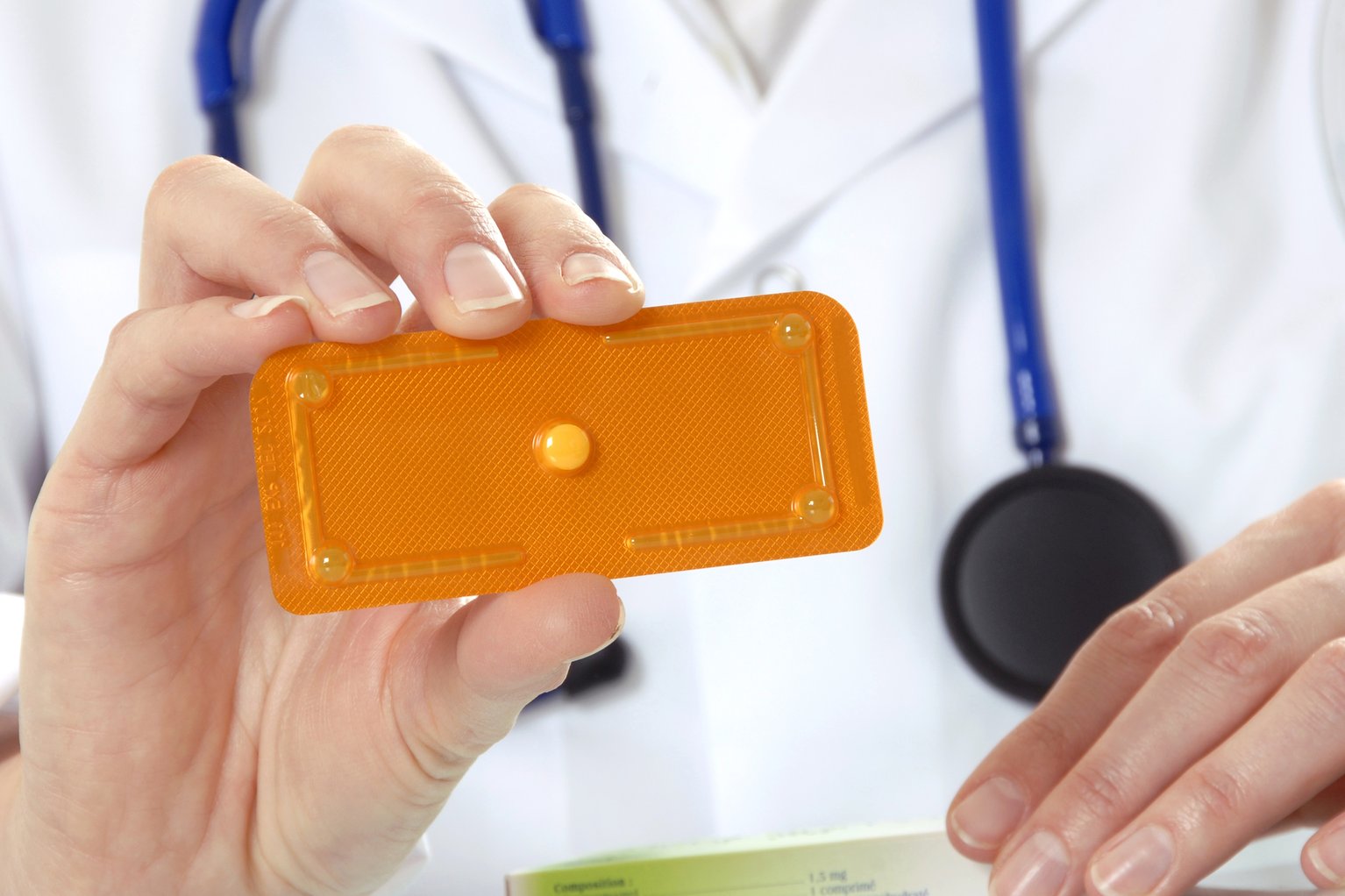
The Public Relations Officer (PRO) of the National Association of Registered Midwives Ghana, Rosette Ntriwaah Boakye has cautioned women over excessive use of Emergency contraceptives to prevent unintended pregnancy.
According to her, every woman is required to use only one emergency contraceptive in a year since a dose has serious implications to their reproductive system.
She added that it is imperative for every woman to protect herself from unwanted pregnancy but they should not be addicted to emergency contraceptives.
“We said emergency and it is important for women to protect themselves but medically it is advisable for every woman to use only contraceptives in a whole year but a lot of women are addicted to it which is abnormal. Emergency contraceptives are not intended to be used casually like chewing gum” Rosette Ntriwaah said this on UTV monitored by Elvisanokyenews.com.
The health expert further noted that unlike other family planning methods which can be used often, the emergency contraceptives are designed to shock the woman’s reproductive system when taken and hence will have dire effects if abused.
“The emergency contraceptives work differently from the family planning pills. They shock your system and so it is not healthy to always do that because it destroys your reproductive system.
Emergency contraception can prevent pregnancy after unprotected sex or if your contraceptive method has failed.
Types of Emergency Contraceptives
emergency contraceptive pill (sometimes called the morning after pill)
IUD (intrauterine device, or coil)
There are 2 kinds of emergency contraceptive pill. Levonelle has to be taken within 72 hours (3 days) of sex. ellaOne has to be taken within 120 hours (5 days) of sex. Both pills work by preventing or delaying ovulation (release of an egg). Emergency contraception is best taken as soon as possible to be effective.
The IUD can be inserted into your uterus up to 5 days after unprotected sex, or up to 5 days after the earliest time you could have ovulated. It may stop an egg from being fertilised or implanting in your womb.
Emergency contraception does not protect against sexually transmitted infections (STIs).
Source: Elvisanokyenews.com









